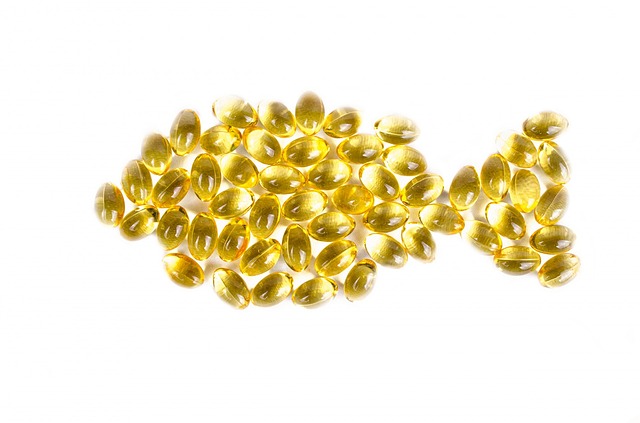by Dr. Michael Murray | Jan 30, 2019 | Alzheimer's Disease, Anti-Aging, Health Conditions, Most Recent, Natural Facts
Introduction The use of acid-blocking drugs, like Nexium and Prilosec, in the treatment of gastroesophageal reflux disease (GERD) and indigestion is a prime example of how drugs designed to only suppress symptoms can create a long list of possible adverse effects and...

by Dr. Michael Murray | Jun 30, 2016 | Anti-Aging
Intense research and ingredient innovation improve anti-aging and longevity products for health-minded adults who want to lead active lifestyles for years to come. Consumers are increasingly interested in anti-aging and longevity nutritional products—especially...

by Dr. Michael Murray | Aug 14, 2014 | Anti-Aging, Webinar
Are telomeres the key to aging? The latest, and most likely, program theory of aging is the telomere shortening theory. Telomeres are the end-cap segments of DNA (our genetic material). Each time a cell replicates, a small piece of DNA is taken off the end of each...

by Dr. Michael Murray | Jul 8, 2014 | Anti-Aging
Introduction: The latest, and most likely, program theory of aging is the telomere shortening theory. Telomeres are the end-cap segments of DNA (our genetic material). Each time a cell replicates, a small piece of DNA is taken off the end of each chromosome. The...

by Dr. Michael Murray | Jun 24, 2014 | Anti-Aging
Introduction: One of the major contributors to impaired mental function as we age is reduced blood flow to the brain. Not surprisingly, natural approaches designed to improve blood flow to the brain show significant promise in the prevention and treatment of mild...

by Dr. Michael Murray | Apr 22, 2014 | Alzheimer's Disease, Anti-Aging, Natural Facts
Introduction A key goal to boosting brain function and fighting degenerative brain disorders like Alzheimer’s disease is to bathe the brain in “super nutrition.” Numerous studies have shown that brain function is directly related to nutritional status. High...







